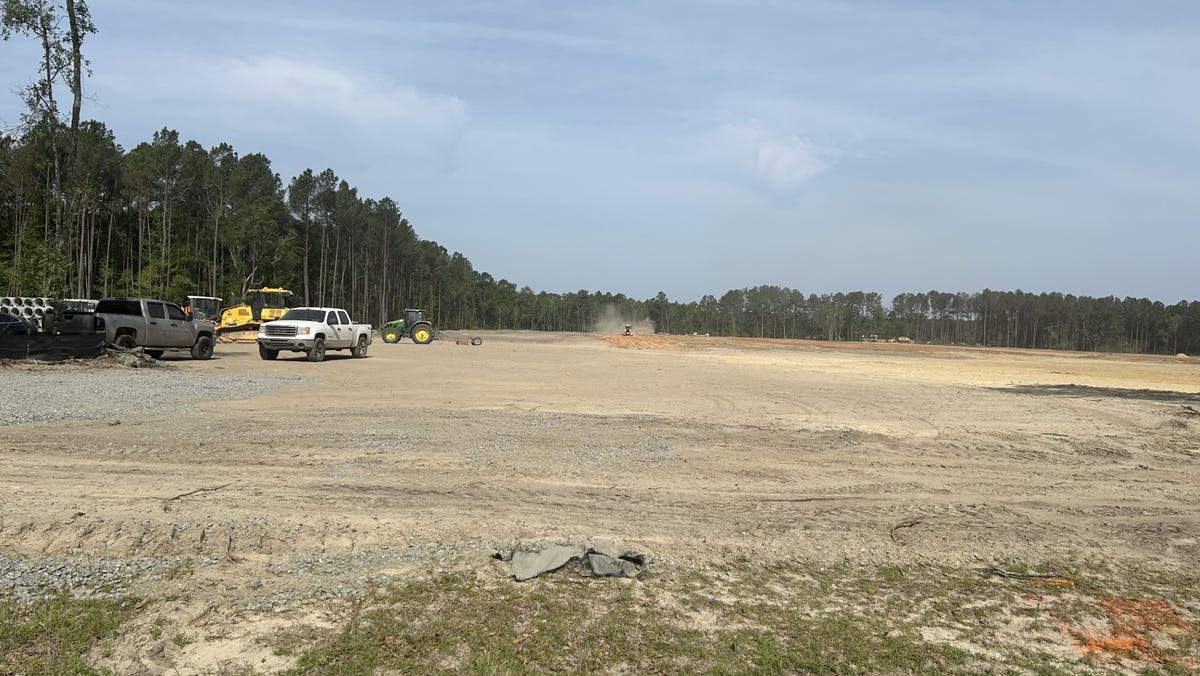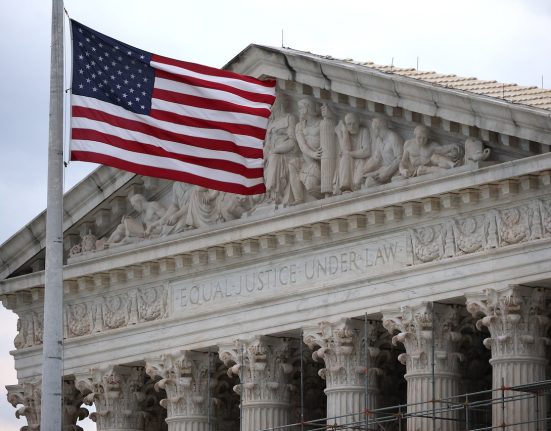Last year marked a significant turn for the city of Pembroke’s future as a number of housing developments were approved by city council. In all, more than 3,000 homes are scheduled to be constructed in the coming years.
All of that growth comes with a cost.
City Manager Chris Benson estimates it will cost around $20 million to expand the city’s water treatment system to meet the needs of its growing population.
“We are taking that improvement cost to add capacity to our system and every new home that’s built in our community is going to pay their fair share of that cost,” said Benson. “[For instance], if I own a vacant lot in the City of Pembroke and want to build a new home, I [would] hire a contractor to construct the home. That contractor submits building/construction plans to the city and pays for a building permit fee and cost recovery fee. Typically, the contractor knows or contacts the governing body to obtain an estimate of the permit and fees charged by the various local governments. That cost is typically included in how much the home builder/contractor charges to build your home.”
The city will seek a loan from the Georgia Environmental Financing Authority (GEFA), an organization that provides financing for governments to pay for water and sewer improvements. The city may have to absorb between $3.5 to $4 million of the estimated $20 million, but Benson said those funds would be paid via cost recovery fees by way residents who purchase a home in one of the new housing developments. This also applies to commercial construction.
The city’s wastewater treatment currently operates on a land application system and has the capacity to treat 350,000 gallons per day. Once the city has completed the expansion, it will be able to treat an additional 150,000 gallons per day.
“Currently the wastewater is being monitored and treated on site and eventually discharges into tributaries that are monitored and eventually feed into the Ogeechee River,” said Benson. “The larger planned unit developments (PUD’s) have incorporated re-use pipe infrastructure into the subdivisions to provide for this to be an option in the future after treatment. The Land Application System is located on city owned property off Sims Road in Pembroke at our Wastewater Treatment Plant.”
Spray fields, large areas of land used to treat wastewater, would have been a less expensive option but would have required more land to treat the effluent, or liquid waste.
“The traditional septic system may benefit and work in some applications, but there are scenarios where you don’t have the ability to have a septic system, and those systems also require care and upkeep to prevent other negative effects to the environment,” said Benson. “You also have to have the appropriate soils. With a mechanical treatment facility, you still need land, but you may not need as much…the technology that goes into how that effluent gets treated is a lot more advanced, and so there’s a lot more components.”
Pembroke city officials began seeking answers for the wastewater issue in 2021, long before the announcement of Hyundai Motor Group Metaplant America in May 2022. At that point, the city was nearing capacity and sometimes, exceeding it. Now that housing developments are in the works, the city can offset the cost to future residents.
“We won’t have to raise property taxes to pay for that infrastructure improvement,” said Benson.
Latrice Williams is a general assignment reporter covering Bryan and Effingham County. She can be reached at lwilliams6@gannett.com.







